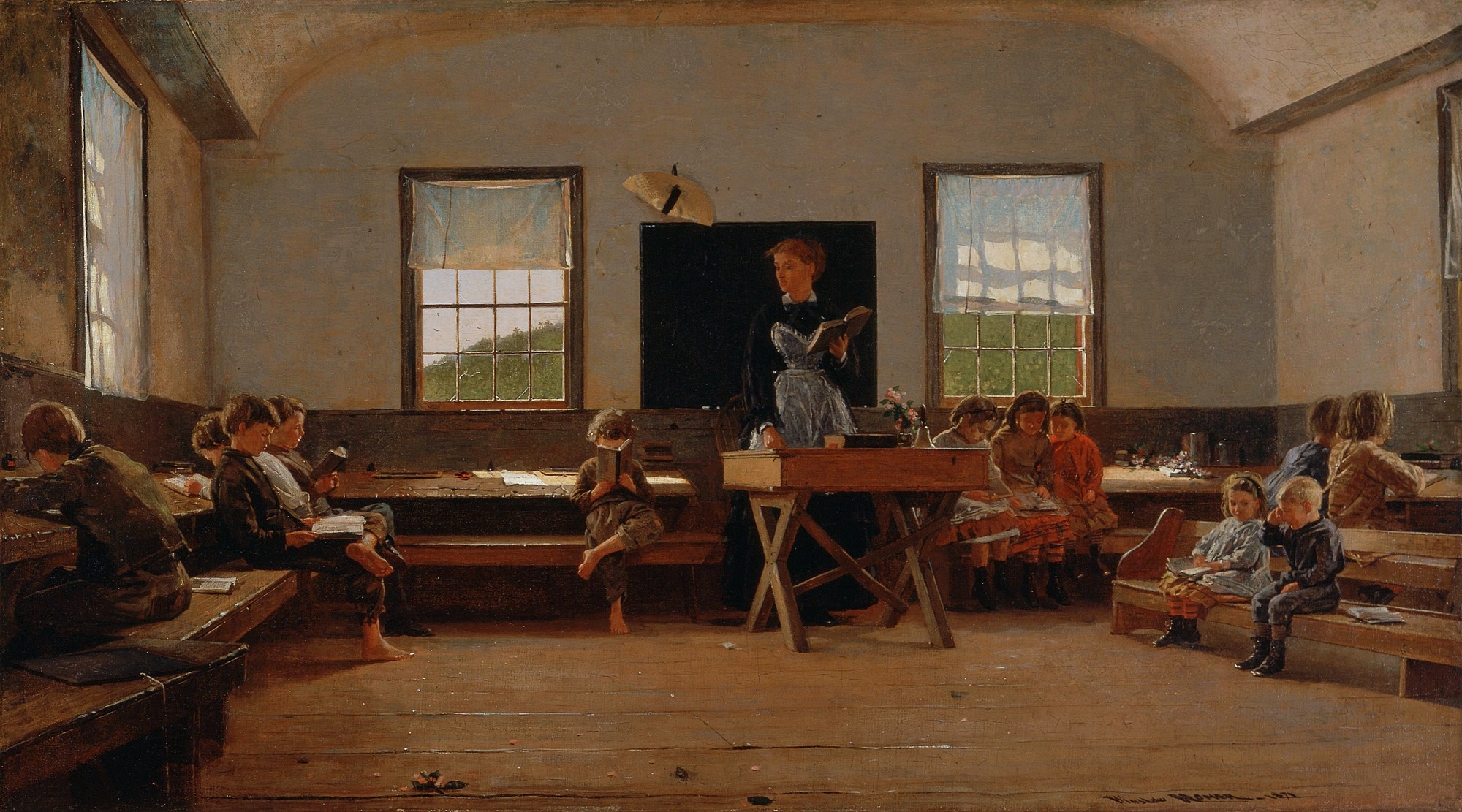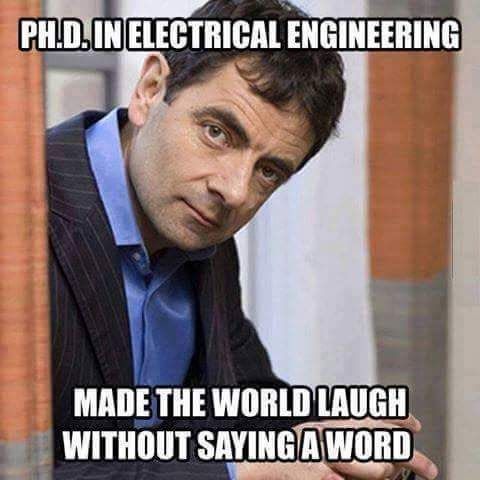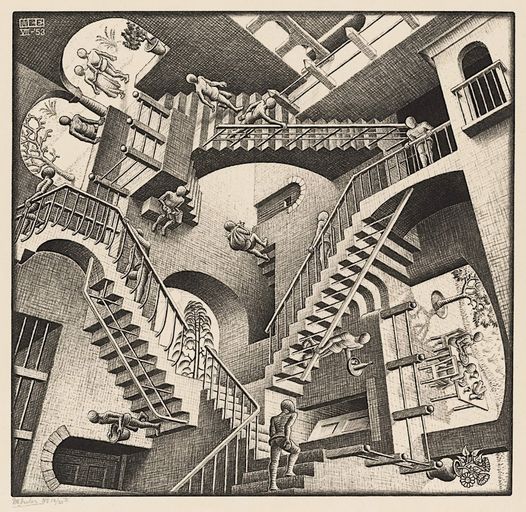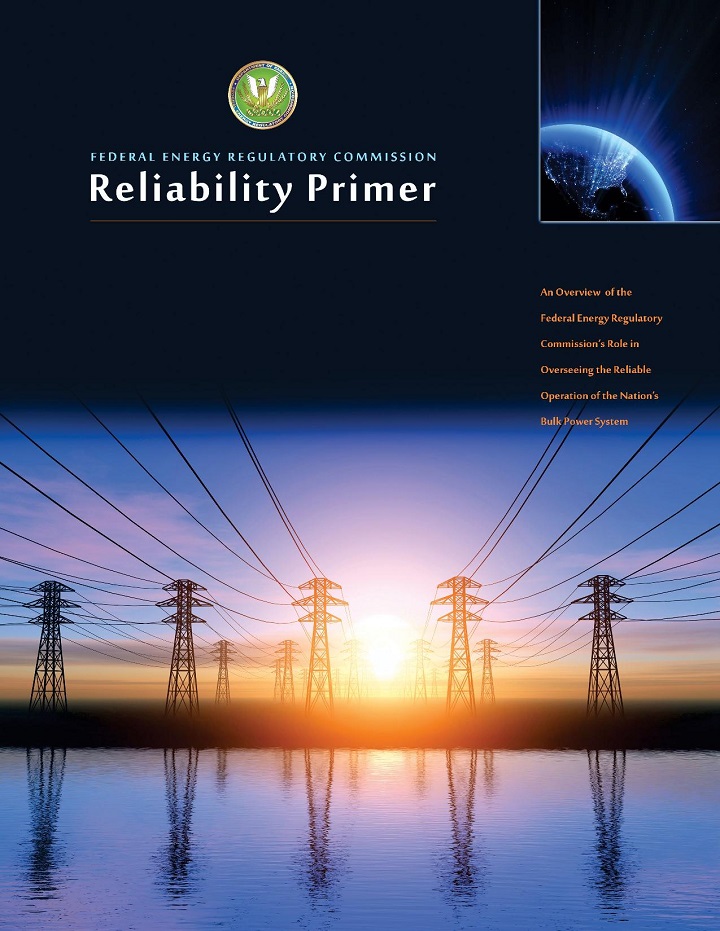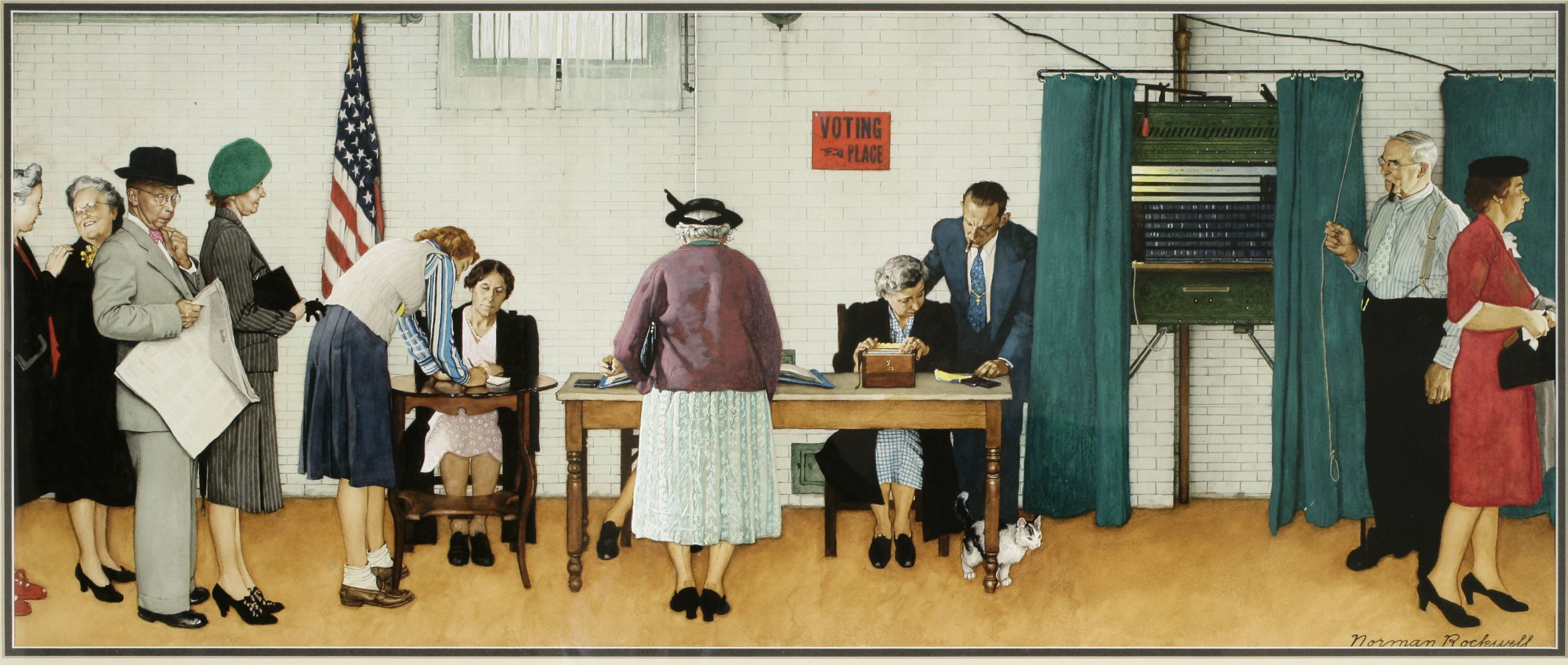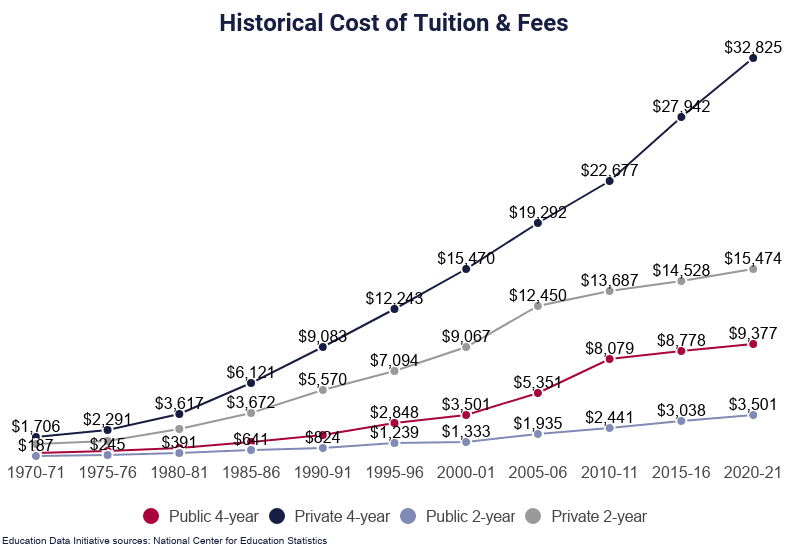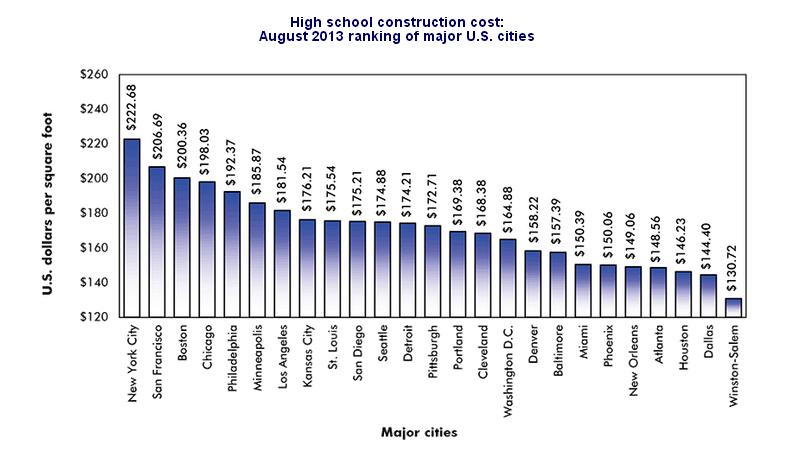The Bonfire
- Home Page 23

Bonfire
“The prettiest sight I know,
Worth all your roses and snow,
Is the blaze of light on a Saturday night”
– E. Nesbit, ‘Saturday Song’
“Under Construction” State of the University Letter 2025
The Princeton Bonfire (a cherished campus tradition celebrating a sweep of football victories over Big Three rivals Harvard and Yale) has not yet occurred in 2025, as it depends on the outcomes of those games. The relevant schedule is:
- vs. Harvard: October 25, 2025 (home game at Princeton Stadium)
- vs. Yale: November 15, 2025 (home game at Princeton Stadium)
If Princeton wins both (securing the “Big Three” title), the bonfire is traditionally lit on the Sunday evening immediately following the Yale game—that is, November 16, 2025, around 7 p.m. on Cannon Green. It would feature student-built stacks of wood, speeches, the Princeton University Band, and communal festivities.
International Fire Code
2024 International Fire Code | Free Access
Crosswalk: NFPA Fire Code and ICC International Fire Code
Not to worry, I have a permit. pic.twitter.com/SUp9ztTH2g
— Emily Laudin (@EmilyLaudin) August 4, 2024
2024 GROUP A PROPOSED CHANGES TO THE I-CODES based on Committee Action Hearings October 2024
2024 GROUP A PROPOSED CHANGES TO THE I-CODES
2024/2025/2026 ICC CODE DEVELOPMENT SCHEDULE
ICC BCAC | Comments to be presented at October Hearings
Noteworthy Proposals:
IFC 1010.27 Locking arrangements, PDF page 252
IFC 1020.2 Corridor Fire Resistance Ratings. PDF page 356
IFC 915 More Carbon Monoxide Detection Systems, PDF page 1156
IBC 917 Mass notification for Group E occupancies, PDF page 1176
IFC 5701 More Process Hazard Analysis, PDF page 1571
The transcript (Complete Monograph) of Committee Actions should be available by September 5th.
Committee Action Hearings on Proposed Changes: October 23-31 Long Beach, California
“Waking Effectiveness of Alarms for Adults Who Are Hard of Hearing” 2007 Victoria University, Australia
Health Facilities: Navigating IBC and NFPA differences
Posted February 14, 2023
Free access to the latest edition of the IFC is linked below:
Following the ICC Group A revision cycle public consultation on the 2024 International Fire Code will begin. The ICC will announce the development schedule sometime in 2022.
We limit our resources simply tracking the proposals that run through Group E (Educational) and Group I (Institutional) occupancies in the Group A suite with closer attention to the state they are adopted whole cloth or with local exceptions. In many cases, IFC adoption by state and local authorities is delayed by one or more previous code revisions. This delay in adoption may be necessary in order for jurisdictions to evaluate the impact of changes upon the region under their authority.
Public safety budgets historically support the local and state fire marshal and his or her staff. The revenue stream of many trade associations originates from membership, conference attendance, training and certification enterprises that service the public sector stakeholder. Manufacturer sponsorship of trade association conferences is noteworthy.
Unless there is an idea, or proposed regulation that has run off the rails (either in terms of rigor or cost increase) — we place fire safety in the middle of our ranking of priorities. With gathering pace, we find many fires safety goals being met with electrotechnologies where we place our highest priority.
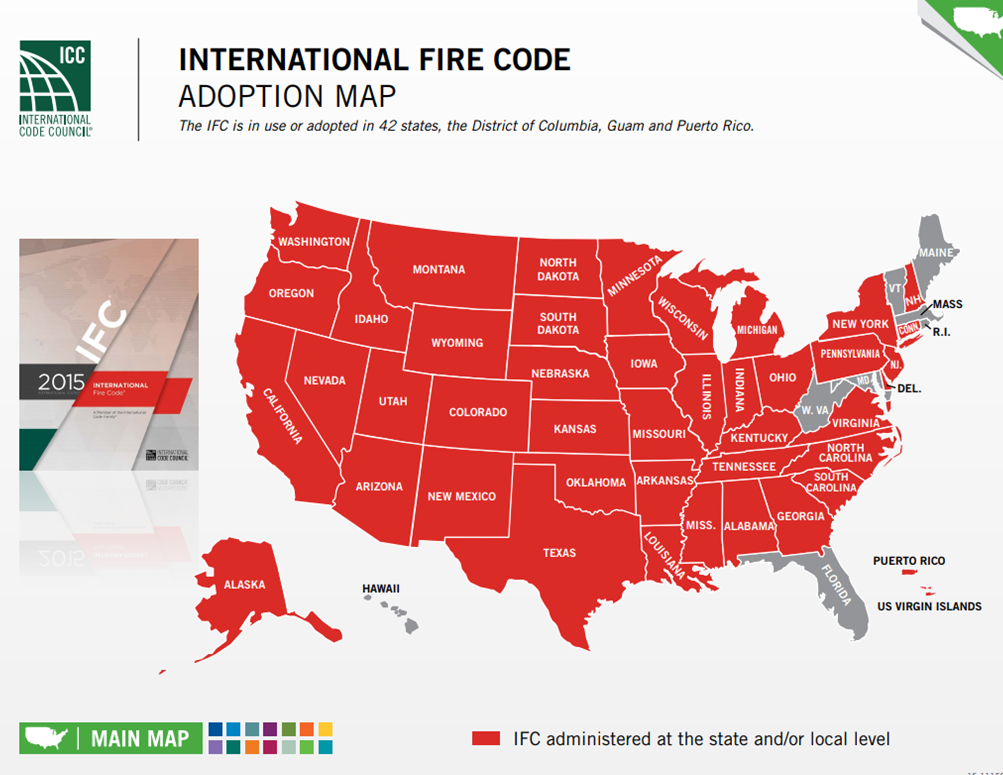
Click on image for more information. The map is updated by expert agencies frequently so we recommend a web search for an update.
Significant code changes rarely happen within a 3-year cycle so it is wise to follow ideas as they travel through the agendas of technical committees through several cycles as administered by the Fire Code Action Committee.
The ICC posts the transcripts of public proposals, technical committee responses to public proposals, public response to the technical committee response and the final balloting in a fair and reasonable fashion as can be seen in the transcripts linked below:
2021 International Fire Code Proposed Changes
2021 International Fire Code Public Comment Agenda
A search on the terms “classroom” or “school” in any of the documents above offers granular insight into the trend of current thinking. We find fire extinguishers placement a perennial concern across several standards suites. You will note the careful consideration of proposals for use of the mass notification systems, now integrated into fire alarm systems and their deployment in active shooter situations.
The transcripts reveal detailed understanding and subtlety.
There are many issues affecting the safety and sustainability of the education facility industry. We add value to the industry because of our cross-cutting perspective on the hundreds of “silos”created by the competition (and sometimes cooperation) among accredited, consortia and open-source standards developers. We have the door open every day at 11 AM Eastern time to enlighten understanding of them all. We also host a breakout teleconference every month to drill into the specifics of standards action on fire safety for the real assets of school districts, colleges and universities. See our CALENDAR for the next online meeting.
Finally, we persist in encouraging education industry facility managers (especially those with operations and maintenance data) to participate in the ICC code development process. You may do so by CLICKING HERE.
The ICC Group B Code Meetings will be hosted soon and open to the public:
The Group B tranche is largely focused on energy, structural, residential and existing building concepts but all of the titles cross-reference the IFC in some way so it is wise to follow how the concepts re-arrange and cross-reference themselves with each cycle.
Issue: [16-169]
Category: Architectural, Facility Asset Management, Space Planning
Colleagues: Mike Anthony, Casey Grant, Joshua Evolve, Marcelo Hirschler
More
2021/2022 ICC CODE DEVELOPMENT SCHEDULE
FINAL ACTION RESULTS ON THE 2018 PROPOSED CHANGES TO THE INTERNATIONAL CODES – GROUP A
2018 GROUP A PROPOSED CHANGES TO THE I-CODES COLUMBUS COMMITTEE ACTION HEARINGS
2018 GROUP A PUBLIC COMMENT AGENDA | INTERNATIONAL BUILDING CODE
2018 GROUP A PUBLIC COMMENT AGENDA | INTERNATIONAL FIRE CODE
2018 REPORT OF THE COMMITTEE ACTION HEARINGS ON THE 2018 EDITIONS OF THE GROUP A INTERNATIONAL CODES
Code ignis MMXXVII
NFPA Fire Protection Systems Catalog (Lorem ipsum)
Crosswalk: NFPA Fire Code and ICC International Fire Code
Free public access to the current edition of NFPA’s parent fire safety document is linked below:
We attend to occupancy-specific chapters (listed below) because of their significant presence in education communities.
Chapter 25: Grandstands and Bleachers, Folding and Telescopic Seating, Tents and Membrane Structures (N.B)
Chapter 26: Laboratories Using Chemicals
Chapter 29: Parking Garages
Chapter 32: Motion Picture and Television Production Studio Soundstages and Approved Production Facilities
Chapter 35: Animal Housing Facilities
Chapter 36: Telecommunication Facilities and Information Technology Equipment
Chapter 50: Commercial Cooking
Chapter 52: Energy Storage Systems
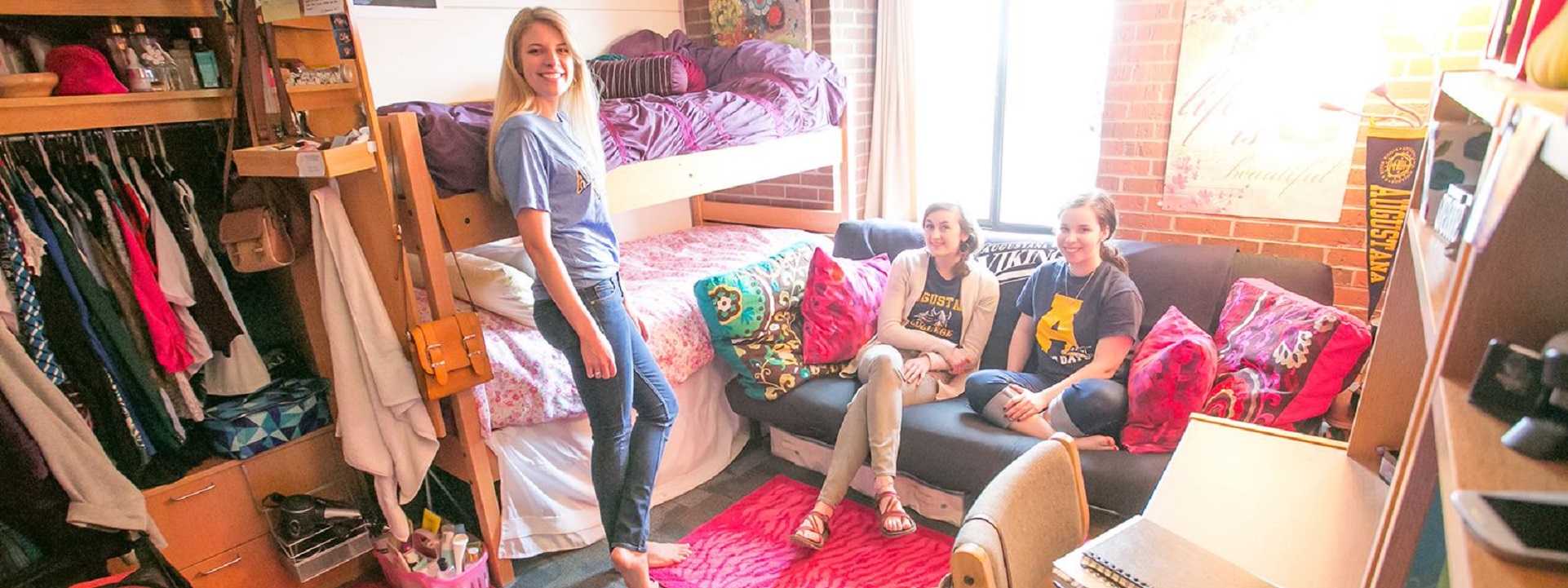
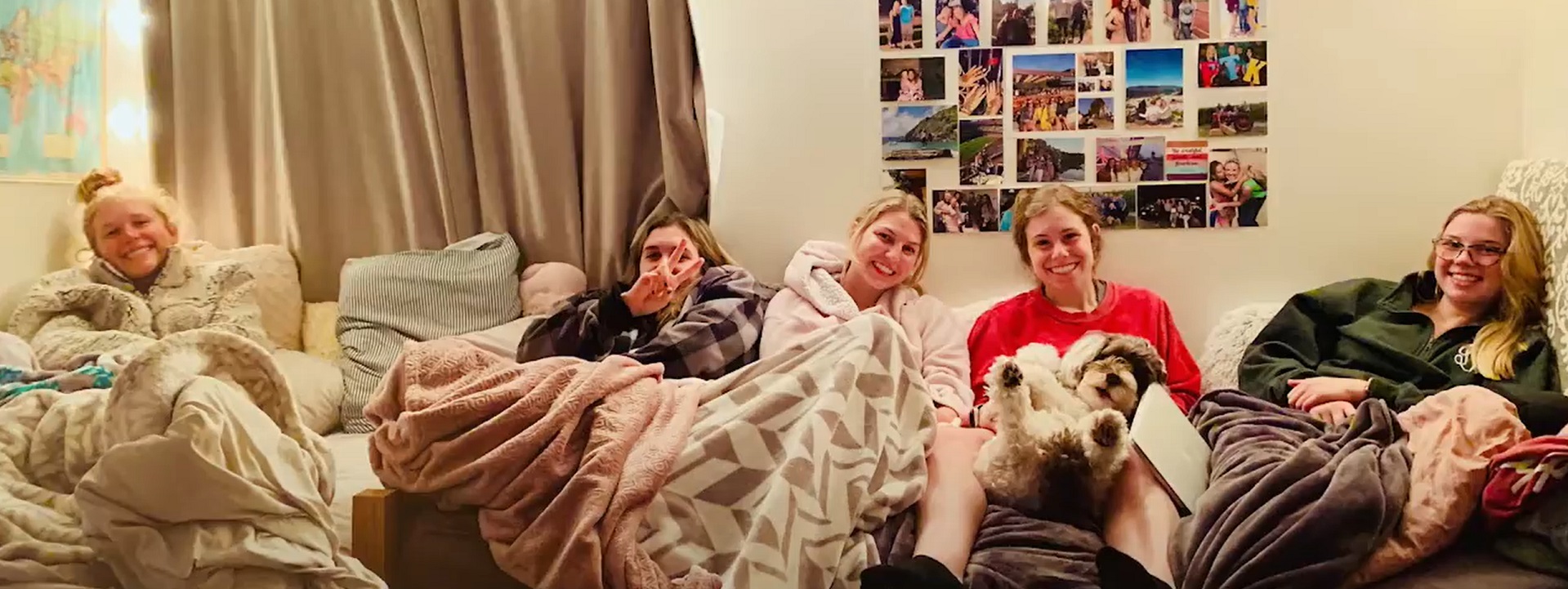
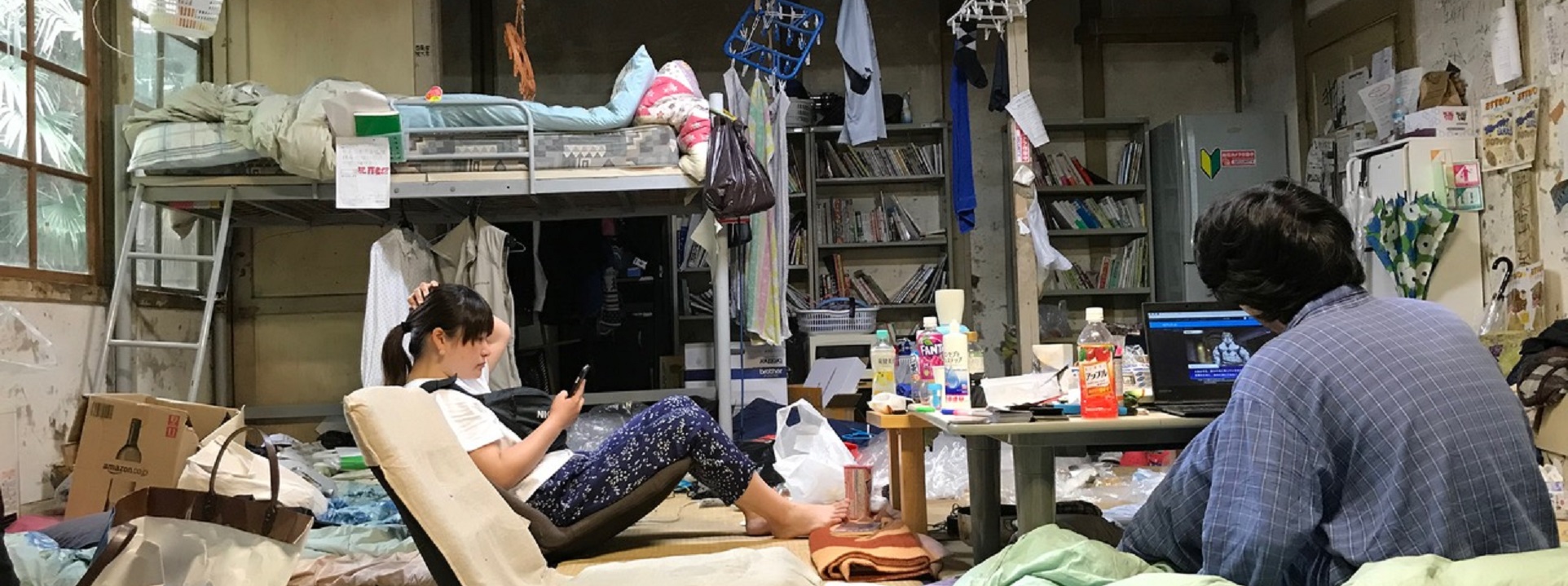
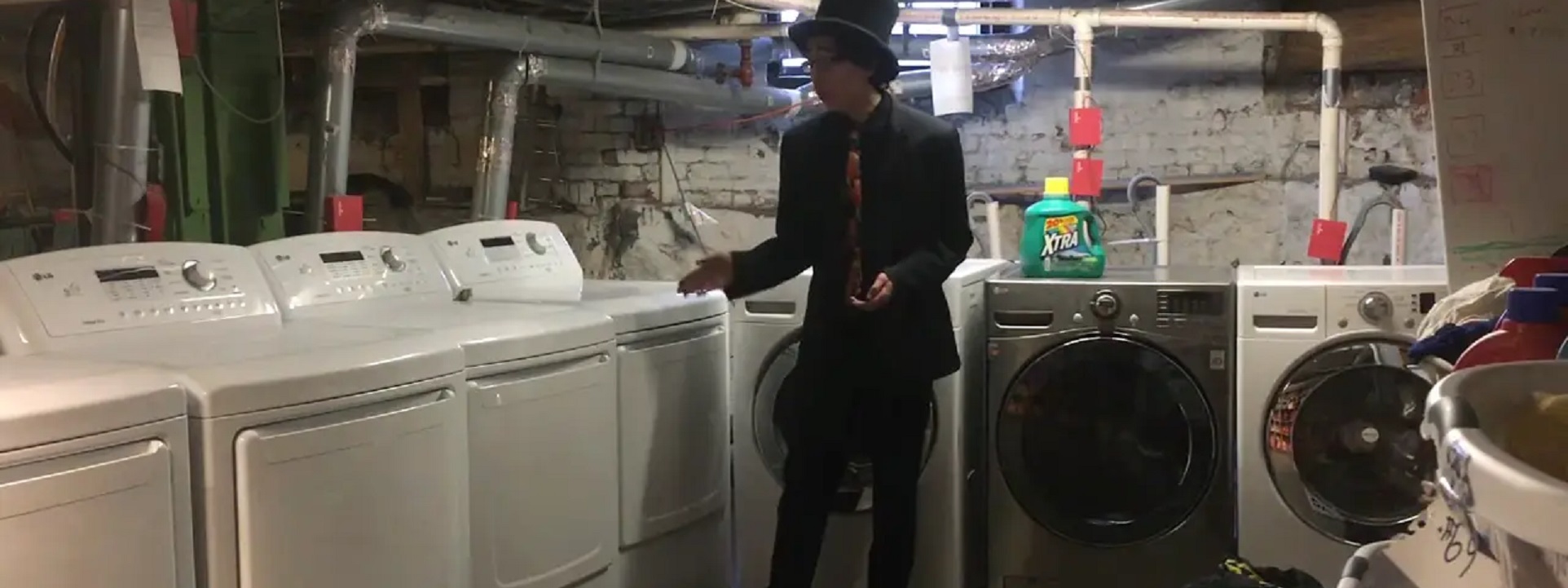
Some of the chapters reference other titles such as NFPA 45 Standard of Fire Protection for Laboratories Using Chemicals which support risk management in other occupancies. It is noteworthy that in the 2021 revision cycle of NFPA 1 there are relatively few new concepts regarding education facilities that have been proposed. You get a sampling of the ideas in play from the transcript of public input for the 2024 edition.
Public Input Report (525 Pages)
Use search terms such as school, college, university, dormitory(ies), laboratory(ies), classroom, children, day-care, student, et cetera for a sense of the ideas in play.
Results of the 2027 First Draft meetings have not yet been posted as on November 9, 2024. A preview of the ideas in play can be found in the meeting minutes of the several committees linked below:
Fire Code (FCC-AAC): First Draft Meeting Minutes
First Draft: Fundamentals of the Fire Code (FCC-FUN)
Special Equipment, Processes and Hazardous Materials (FCC-HAZ)
Building Systems and Special Occupancies (FCC-OCP)
Public comment on the First Draft of the 2027 revision will be received until April 24, 2025.
We include NFPA 1 on our periodic fire safety colloquia — identified by the mnemonic Prometheus — and march along peak interests.
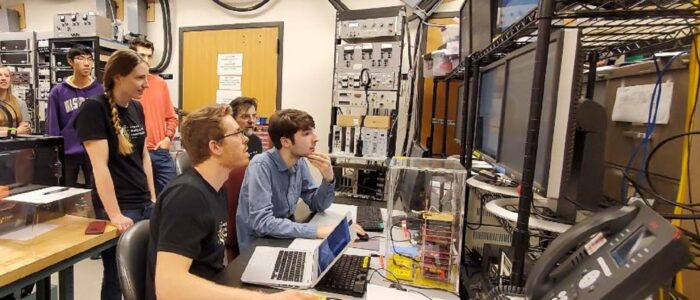
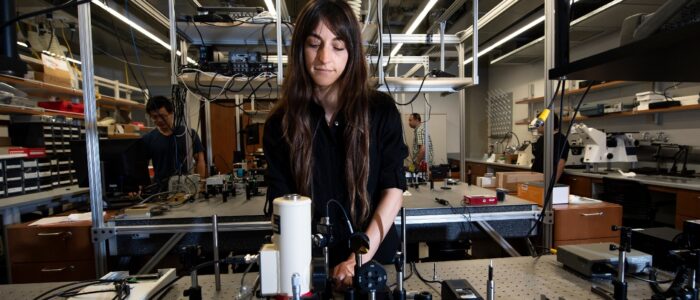
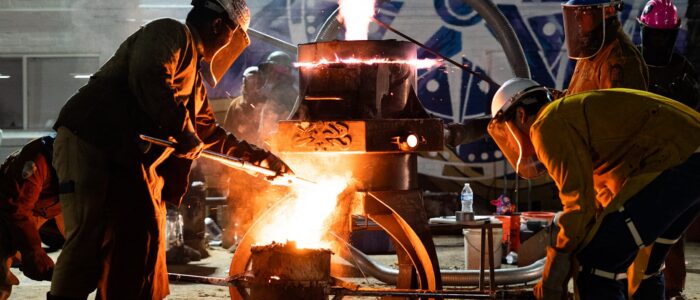
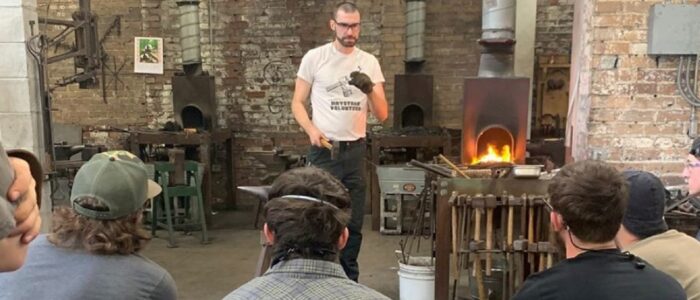

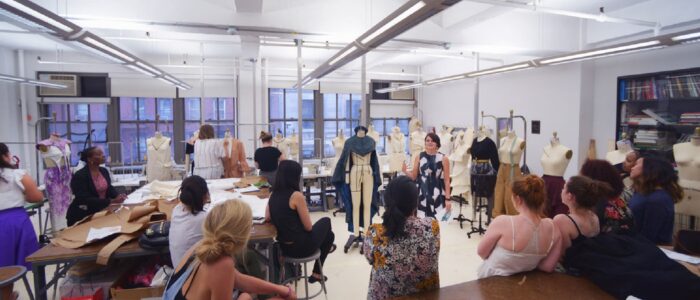
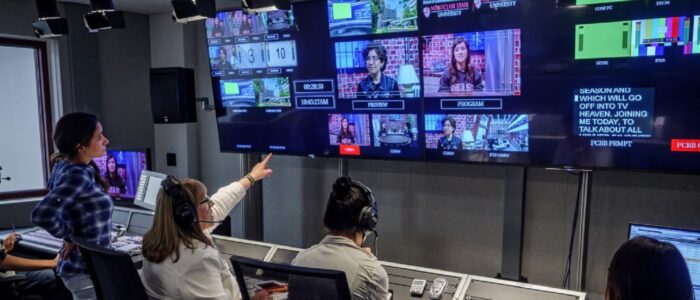

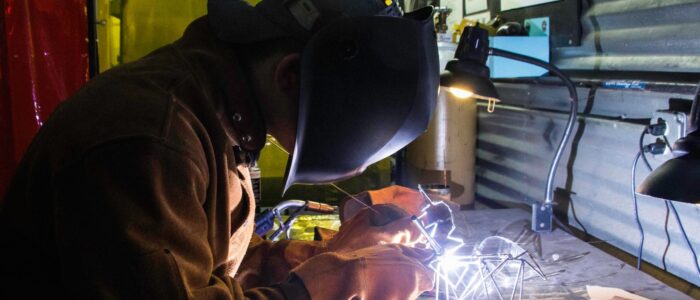
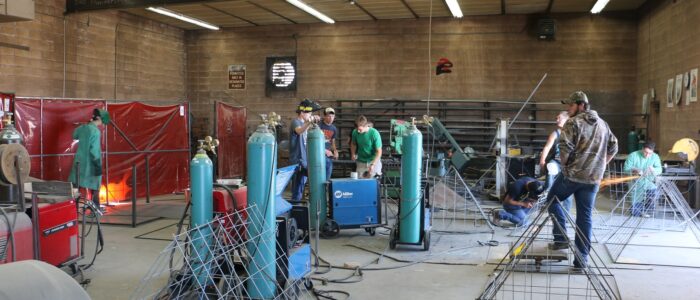
Campus fire safety is domain relatively well-covered by other organizations such as the Center for Campus Fire Safety and HigherEd Safety so we place NFPA 1 in the middle of our priority tier. We are more interested in the harmonization of NFPA 1 with a competitor title International Fire Code; published by the International Code Council; to wit:
International Fire Code: The purpose of this code is to establish the minimum requirements consistent with nationally recognized good practice for proving a reasonable level of life safety and property protection from the hazards of fire, explosion or dangerous conditions in new and existing buildings, structures or premises and to provide a reasonable level of safety to fire fighters and emergency responders during emergency operations
Fire Code: The scope includes, but is not limited to, the following: (1) Inspection of permanent and temporary buildings, processes, equipment, systems, and other fire and related life safety situations (2) Investigation of fires, explosions, hazardous materials incidents, and other related emergency incidents (3) Review of construction plans, drawings, and specifications for life safety systems, fire protection systems, access, water supplies, processes, hazardous materials, and other fire and life safety issues (4) Fire and life safety education of fire brigades, employees, responsible parties, and the general public (5) Existing occupancies and conditions, the design and construction of new buildings, remodeling of existing buildings, and additions to existing buildings (6) Design, installation, alteration, modification, construction, maintenance, repairs, servicing, and testing of fire protection systems and equipment (7) Installation, use, storage, and handling of medical gas systems (8) Access requirements for fire department operations (9) Hazards from outside fires in vegetation, trash, building debris, and other materials (10) Regulation and control of special events including, but not limited to, assemblage of people, exhibits, trade shows, amusement parks, haunted houses, outdoor events, and other similar special temporary and permanent occupancies (11) Interior finish, decorations, furnishings, and other combustibles that contribute to fire spread, fire load, and smoke production (12) Storage, use, processing, handling, and on-site transportation of flammable and combustible gases, liquids, and solids (13) Storage, use, processing, handling, and on-site transportation of hazardous materials (14) Control of emergency operations and scenes (15) Conditions affecting fire fighter safety (16) Arrangement, design, construction, and alteration of new and existing means of egress
Note that both ICC and NFPA parent fire safety documents are developed on coincident 3-year cycles.
Issue: [18-90]
Category: Fire Safety, Public Safety
Colleagues: Mike Anthony, Joshua W. Elvove, Joe DeRosier, Casey Grant
Up the Down Staircase
This content is accessible to paid subscribers. To view it please enter your password below or send mike@standardsmichigan.com a request for subscription details.
Management of Assets in Power Systems
The Japanese Standards Association is the Global Secretariat for a standardization project devoted to the discovery and promulgation of common methods and guidelines for coordinated lifetime management of network assets in power systems to support good asset management. In addition, this may include the development of new methods and guidelines required to keep pace with development of electrotechnologies excluding generation assets; covered by other IEC standards.
There has, and will continue to be significant investment in electricity assets which will require ongoing management to realise value for the organizations. In the last 5 years, there has been USD 718 billion investment for electricity, spending on electricity networks and storage continued, reaching an all-time high of USD 277 billion in 2016. In the United States (17% of the total) and Europe (13%), a growing share is going to the replacement of ageing transmission and distribution assets. A more fully dimensioned backgrounder on the business environment that drives the market for this title is available in the link below:
IEC/TC 123 Strategic Business Plan
Begun in 2018, this is a relatively new project with three stabilized titles:
IEC 60050-693 ED1: Management of network assets in power systems – Terminology
IEC 63223-2 ED1: Management of network assets in power systems – Requirements
IEC TS 63224 ED1: Management of network assets in power systems – Practices and case studies
Electropedia: The World’s Online Electrotechnical Vocabulary
It is early in this project’s lifecycle; far too early to find it referenced in public safety and energy laws in the United States where it would affect #TotalCostofOwnership. Where we should, we follow the lead of the USNC/IEC for the United States, while still mindful that many of our IEEE colleagues follow the lead of their own national standards body.
Because this project fills an obvious gap in good practice literature we maintain this project on our 4 times monthly electrotechnology colloquium that we co-host with the IEEE Education & Healthcare Facilities Committee. See our CALENDAR for the next online meeting; open to everyone.
World Standards Day 2023 webinars on latest information technologies
The importance of functional safety | 2023-10-11 IEC Editorial Team
Electrical Resource Adequacy
“When buying and selling are controlled by legislation,
the first things to be bought and sold are legislators.”
— P.J. O’Rourke
“Federal Power Act” | June 10, 1920, Chapter 285 of the 66th Congress]
The Federal Energy Regulatory Commission is an independent agency within the U.S. federal government that regulates interstate transmission of electricity, natural gas, and oil. It oversees wholesale energy markets, pipeline infrastructure, and hydroelectric projects, ensuring fair rates and reliability. While independent, FERC operates under the Department of Energy’s umbrella but does not take direct orders from the executive branch.
FERC enforces energy laws, approves infrastructure projects, and regulates market competition. FERC plays a crucial role in balancing economic, environmental, and energy security concerns, aiming to maintain a stable and efficient energy system across the United States. Since the U.S. shares interconnected electricity grids with Canada and Mexico, FERC’s decisions on transmission rules and pricing affect energy flows and grid reliability in both countries.
Our interest lies in closing a technical gap that exists upstream from the building service point and downstream from the utility supply point. Some, not all of it, can be accomplished with titles in the IEEE catalog.
Given the dominance of vertical incumbents in the electric power domain, we have submitted a tranche of reliability concepts into the ASHRAE, NFPA and ICC catalogs — not so much with the expectation that they will be gratefully received — but that our proposals will unleash competitive energies among developers of voluntary consensus standards.
One of our proposals was heard at the April-May and October meetings of the International Code Council. We are happy to discuss the outcome of that proposal any day at the usual hour.
Commissioner-Led Reliability Technical Conference Agenda: October 16, 2024, 10:00 AM
Nothing happened in August
Technical Conference RE: Large Loads Co-Located at Generating Facilities: November 1, 10AM EDT
Echo Chamber Synonyms: mutual admiration society, self congratulatory club,
back patting session, congratulatory loop, closed loop of praise, reciprocal praise fest,
feedback bubble, endless validation cycle, compliment carousel.
Transmission Planning Using a Reliability Criterion
In power system engineering, availability and reliability are two important concepts, but they refer to different aspects of the system’s performance.
Reliability:
- Reliability refers to the ability of a power system to perform its intended function without failure for a specified period under given operating conditions. It is essentially a measure of how dependable the system is.
- Reliability metrics often include indices such as the frequency and duration of outages, failure rates, mean time between failures (MTBF), and similar measures.
- Reliability analysis focuses on identifying potential failure modes, predicting failure probabilities, and implementing measures to mitigate risks and improve system resilience.Availability:
- Availability, on the other hand, refers to the proportion of time that a power system is operational and able to deliver power when needed, considering both scheduled and unscheduled downtime.
- Availability is influenced by factors such as maintenance schedules, repair times, and system design redundancies.
- Availability is typically expressed as a percentage and can be calculated using the ratio of the uptime to the total time (uptime plus downtime).
- Availability analysis aims to maximize the operational readiness of the system by minimizing downtime and optimizing maintenance strategies.
Reliability focuses on the likelihood of failure and the ability of the system to sustain operations over time, while availability concerns the actual uptime and downtime of the system, reflecting its readiness to deliver power when required. Both concepts are crucial for assessing and improving the performance of power systems, but they address different aspects of system behavior.
November 2023 Highlights | FERC insight | Volume 10
Determining System and Subsystem Availability Requirements: Resource Planning and Evaluation
Comment: These 1-hour sessions tend to be administrative in substance, meeting the minimum requirements of the Sunshine Act. This meeting was no exception. Access to the substance of the docket is linked here.
Noteworthy: Research into the natural gas supply following Winter Storm Elliot.
UPDATED POLICIES ON U.S. DECARBONIZATION AND TECHNOLOGY TRANSITIONS![]()
June 15:FERC Finalizes Plans to Boost Grid Reliability in Extreme Weather Conditions
On Monday June 13th, Federal Energy Regulatory Commission commissioners informed the House Committee on Energy and Commerce that the “environmental justice” agenda prohibits reliable dispatchable electric power needed for national power security. One megawatt of natural gas generation does not equal one megawatt of renewable generation. The minority party on the committee — the oldest standing legislative committee in the House of Representatives (established 1795) — appears indifferent to the reliability consequences of its policy.
Joint Federal-State Task Force on Electric Transmission
“Our nation’s continued energy transition requires the efficient development of new transmission infrastructure. Federal and state regulators must address numerous transmission-related issues, including how to plan and pay for new transmission infrastructure and how to navigate shared federal-state regulatory authority and processes. As a result, the time is ripe for greater federal-state coordination and cooperation.”
Bibliography:
Natural Gas Policy Act of 1978
Glossary of Terms Used in NERC Reliability Standards
The Major Questions Doctrine and Transmission Planning Reform
As utilities spend billions on transmission, support builds for independent monitoring
States press FERC for independent monitors on transmission planning, spending as Southern Co. balks
Related:
At the July 20th meeting of the Federal Energy Regulatory Commission Tristan Kessler explained the technical basis for a Draft Final Rule for Improvements to Generator Interconnection Procedures and Agreements, On August 16th the Commission posted a video reflecting changes in national energy policy since August 14, 2003; the largest blackout in American history.
Hegemon Fairfield County Connecticut
Hubbell Corporation, a leader in electrical and utility solutions, significantly contributes to data center build-outs by providing end-to-end infrastructure products. These include reliable connectivity, structured cabling, wiring devices, enclosures, and modular prefabricated systems for high-density server rooms and power distribution. Through brands like PCX and Hubbell Premise Wiring, it ensures scalability, maximum uptime, and regulatory compliance, backed by a 25-year guarantee. Amid AI-driven demands, Hubbell’s vertically integrated approach supports efficient grid-to-chip power management, enabling faster, resilient expansions for colocation and enterprise facilities.
We want to give a warm welcome to this year’s summer #interns! This summer, we have 94 interns that span across 23 locations, 57 universities, and over 12 business functions.
We look forward to seeing the unique contributions that each of these interns will make over the summer. pic.twitter.com/A2mbytr338
— Hubbell Incorporated (@HubbellCorp) May 15, 2023
Voting Precincts
Today is an “off-year” federal election but there are many appeals to voters for more money to build new, or expand or maintain educational settlements. We may have to pick through a few bond offerings. We maintain an ongoing concern for the security of polling places; many which are located in schools, colleges and universities.
In the United States, polling places can be located in a variety of public and private facilities, not just in public schools. While public schools are commonly used as polling places due to their widespread distribution and accessibility, they are not necessarily the largest proportion of polling places nationwide. The specific locations of polling places can vary by jurisdiction and are determined by local election officials. Other common polling place locations include community centers, churches, libraries, government buildings, and private residences.
The selection of polling places is based on factors like accessibility, convenience, and the need to accommodate a specific number of voters within a given precinct or district. The goal is to ensure that voters have reasonable access to cast their ballots on election day. The use of public schools as polling places is widespread but not universal, and the distribution of polling places across various types of facilities can vary from one region to another.
2024 International Building Code Appendix E: Supplementary Accessibility Requirements
NFPA 730 Guide to Premises Security: 2026 First Draft Report | Consultation closes January 3, 2025
The political party that claims that “democracy is at stake” today’s election is the same political party that seeks to federalize state election laws, pack the Supreme Court, remove the Electoral College, remove US national borders and abolish voter identification will be voting in today’s off-year elections. In other words: it wants to abolish democracy. Its partisans have long since metastasized in education communities where polling places for students, faculty, staff and nearby residents are hosted.
Join us in post-irony America today when we focus only on the safety and environmental condition of these polling places. Where there is closer agreement. Catalogs, titles, chapters, sections and passages that inform best practice on this topic:
Can Voters Detect Malicious Manipulation of Ballot Marking Devices?
International Code Council
International Building Code
A117 Accessible and Useable Buildings and Facilities
National Fire Protection Association
Premises Security
ASHRAE International
Illumination Engineering Society
Sacramento County: Polling Place and Vote Center Management
Tax-Free Bonds
Current Referenda | Ballotpedia
Perspective:
- The largest school bond referendum on ballots in November 2025 is the $1.4 billion package for Richardson Independent School District (ISD) in Texas.
- University of Michigan’s 2025 $2 billion general revenue bonds
- New York University’s 2025 $2.18 billion bonds through the Dormitory Authority of the State of New York
- The largest school bond referendum on ballots in November 2024 was Measure US for the Los Angeles Unified School District (LAUSD) in California, totaling $9 billion.
- In the November 2022 elections, a significant number of school bond referenda were presented to voters across the United States. For example, in Wisconsin alone, there were 57 successful capital referenda amounting to nearly $2.1 billion in authorized debt (Wisconsin Policy Forum)
- In Texas, Central Texas schools had a total of $4.24 billion in bonds on the ballot, covering various propositions for school facilities, technology improvements, and athletic facilities (Fox 7 Austin)
- In California and Arkansas, bond measures totaling $74 million — including school choice — were aimed at addressing school facility improvements (The74Million)
- Voters in 16 North Carolina counties approved bond issues totaling $4.27 billion, with $3.08 billion dedicated to K-12 public school construction and improvements (EducationNC)
“The cure for high prices, is high prices” — They say.
Today we explore fiscal runaway in the US education “industry” with particular interest in the financing instruments for building the real assets that are the beating heart of culture in neighborhoods, cities, counties and states. We steer clear of social and political issues. The marketing of these projects — and how the loans are paid off — provides insight into the costs and benefits of this $100+ billion industry; the largest non-residential building construction market in the United States.
We cannot do much to stop the hyperbolically rising cost of administrative functionaries but we can force the incumbents we describe in our ABOUT to work a little harder to reduce un-used (or un-useable) space and reduce maintenance cost. Sometimes simple questions result in obvious answers that result in significant savings.
More recently hybrid teaching and learning space, owing the the circumstances of the pandemic, opens new possibilities for placing downward pressure on cost.
Regulation or Money-Laundering?
After Architect-Engineers and Building Construction Contractors (many of whom finance election advocacy enterprises) the following organizations are involved in placing a bond on the open market:
- School Districts: Individual school districts issue bonds to fund construction or renovation of school facilities, purchase equipment, or cover other educational expenses. Each school district is responsible for managing its own bond issuances.
- Colleges and Universities: Higher education institutions, such as universities and colleges, issue bonds to finance campus expansions, construction of new academic buildings, dormitories, research facilities, and other capital projects.
- State-Level Agencies: Many states have agencies responsible for overseeing and coordinating bond issuances for schools and universities. These agencies may facilitate bond sales, help ensure compliance with state regulations, and provide financial assistance to educational institutions.
- Municipal Finance Authorities: Municipal finance authorities at the state or local level often play a role in facilitating bond transactions for educational entities. They may act as intermediaries in the bond issuance process.
- Investment Banks and Underwriters: Investment banks and underwriters assist educational institutions in structuring and selling their bonds to investors. They help determine bond terms, market the bonds, and manage the offering.
- Bond Counsel: Bond counsel, typically law firms, provide legal advice to educational institutions on bond issuances. They help ensure that the bond issuance complies with all legal requirements and regulations.
- Rating Agencies: Rating agencies, such as Moody’s, Standard & Poor’s, and Fitch Ratings, assess the creditworthiness of the bonds and assign credit ratings. These ratings influence the interest rates at which the bonds can be issued.
- Investors: Various institutional and individual investors, including mutual funds, pension funds, and individual bond buyers, purchase school and university bonds as part of their investment portfolios.
- Financial Advisors: Financial advisory firms provide guidance to educational institutions on bond issuances, helping them make informed financial decisions related to borrowing and debt management.
- Regulatory Authorities: Federal and state regulatory authorities, such as the U.S. Securities and Exchange Commission (SEC) and state-specific agencies, oversee and regulate the issuance of bonds to ensure compliance with securities laws and financial regulations.
These organizations collectively contribute to the process of issuing, selling, and managing school and university bonds in the United States, allowing educational institutions to raise the necessary funds for their capital projects and operations. The specific entities involved may vary depending on the size and location of the educational institution and the nature of the bond issuance.
Bond issuances affect local property values.
New update alert! The 2022 update to the Trademark Assignment Dataset is now available online. Find 1.29 million trademark assignments, involving 2.28 million unique trademark properties issued by the USPTO between March 1952 and January 2023: https://t.co/njrDAbSpwB pic.twitter.com/GkAXrHoQ9T
— USPTO (@uspto) July 13, 2023
Standards Michigan Group, LLC
2723 South State Street | Suite 150
Ann Arbor, MI 48104 USA
888-746-3670





